Kristina Keneally blasts Malcolm Turnbull’s ‘China phobia’, as China makes ‘racism’ claims
BEIJING has accused Australia of racism amid growing concerns over Chinese interference, after Malcolm Turnbull was blasted for having ‘China phobia’.
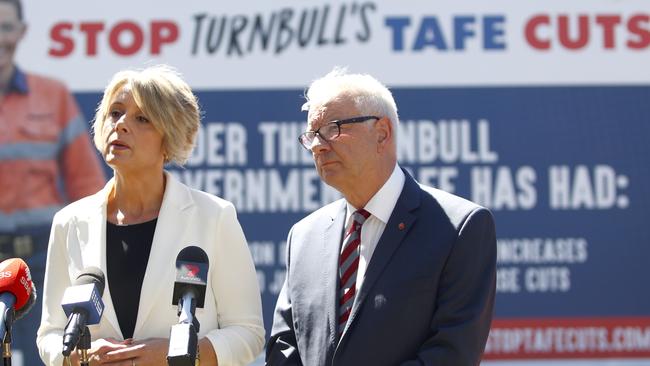
National
Don't miss out on the headlines from National. Followed categories will be added to My News.
BEIJING has accused the Australian media of “paranoid” and “racist” reporting on China, amid growing concerns in Australia over Chinese interference.
“[We] suggest the Australian government and the media that they should uphold the principle of truth from facts and reject political prejudices and paranoia when handling relations with China,” according to an op-ed in the People’s Daily, the official mouthpiece of the Chinese Communist Party, on Monday.
It added Australia’s current reporting and “racial paranoia tarnished Australia’s image as a multicultural society”.
The op-ed also accused the Australian media of slandering thousands of overseas Chinese who live and study in Australia, and fabricating stories about Chinese students interfering with free speech on Australian campuses and Beijing’s interference in local politics.
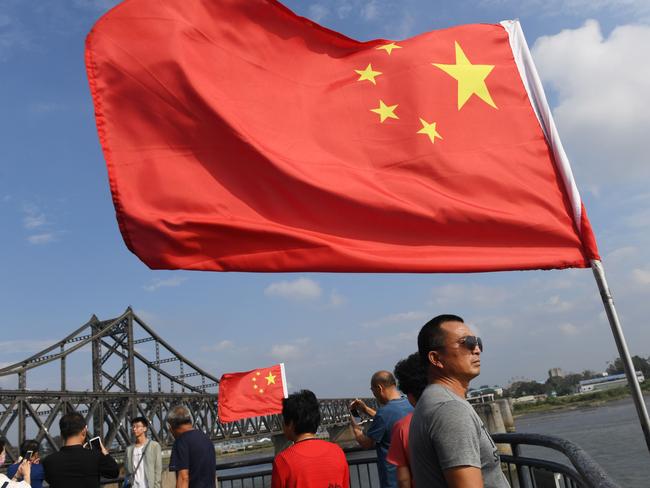
“China has no intention of interfering in Australia’s internal affairs and has no intention of influencing Australia’s political process through political contributions,” it said.
The article comes after Bennelong’s Labor candidate Kristina Keneally has said voters in the electorate are “alarmed” by the prime minister’s recent rhetoric on China.
Malcolm Turnbull at the weekend doubled down on his criticism of Beijing interfering in domestic politics while insisting the communist leadership would respect his tough talk.
But Ms Kenneally on Monday said people from China and Korea have told her “they are really alarmed by the prime minister’s rhetoric”.
“They see it as China-phobia,” the former NSW premier said while campaigning in Bennelong ahead of Saturday’s by-election.
“They see it as scaremongering. They see the suggestion from the prime minister that people from Chinese or Asian backgrounds are somehow suspicious and they don’t like it.”
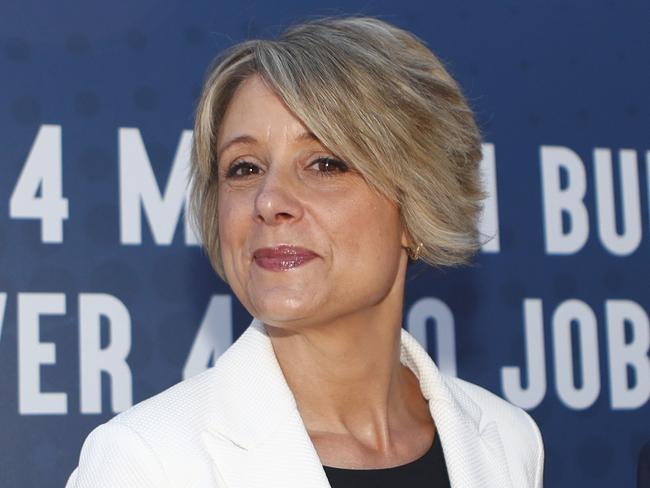
Mr Turnbull has said he will “stand up” for Australia, brushing aside Chinese criticism of new foreign interference laws as fears rise of overseas meddling in domestic institutions.
Canberra has announced the wideranging reforms to espionage and foreign interference legislation, with Attorney-General George Brandis saying such as meddling was an “extremely serious problem”.
Turnbull himself has singled out China as a focus of concern, citing “disturbing reports” about Beijing’s influence.
The proposed reforms drew a furious response from China, which also attacked local media stories about infiltration as fabricated and reflecting hysteria and paranoia.
Beijing on Friday also lodged an official protest with Canberra, saying the government should “immediately stop making wrong remarks” that would undermine trust and co-operation between the two countries.
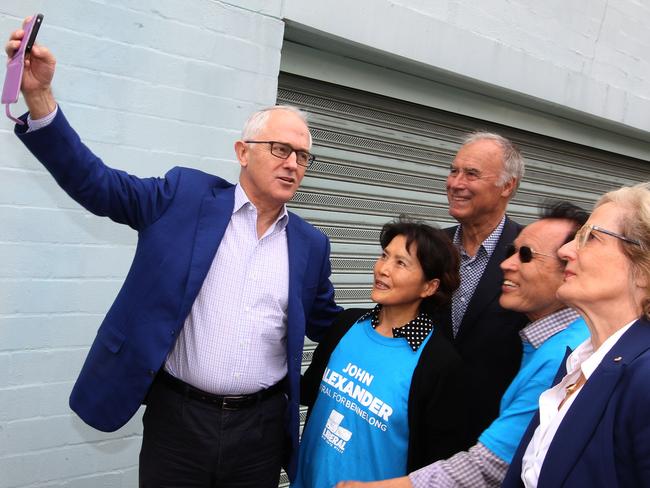
But Turnbull hit back Saturday, saying he was just defending Australian sovereignty.
“Modern China was founded in 1949 with these words -- ‘the Chinese people have stood up’,” Turnbull told reporters, speaking in English and Mandarin.
“It was an assertion of sovereignty, it was an assertion of pride. And we stand up, and so we said, ‘the Australian people stand up’.
He added: “China, Chinese people stand up to their sovereignty, and they expect Australian people and particularly Australian leaders to stand up for theirs.”
Labor MP Sam Dastyari was forced to resign as deputy opposition whip in late November after reports he told a Chinese businessman that his phone was likely being tapped by intelligence agencies. He is facing ongoing pressure to quit today from Labor and the Coalition.
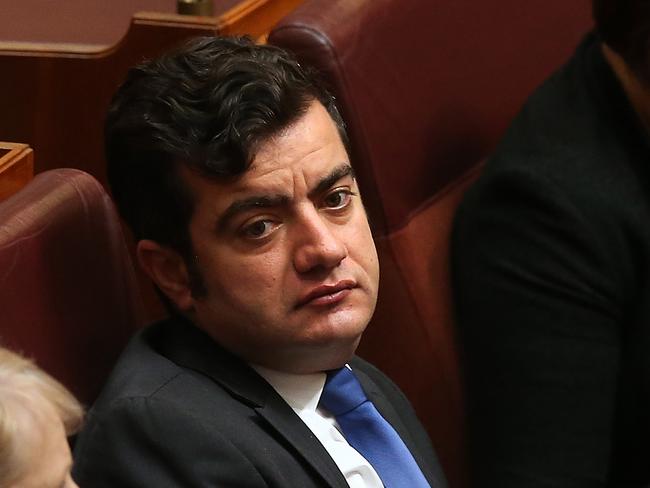
The man, Huang Xiangmo, is a prominent Chinese political donor. Turnbull in June also ordered an inquiry after media revelations that the national spy agency warned political leaders two years ago about receiving donations from two billionaires with links to the Chinese Communist Party.
The probe said that despite being cautioned, the two major political parties — the Liberals and Labor — continued to accept substantial sums.
The inquiry added that intelligence agencies had major concerns China was interfering in local institutions and using the political donations system to gain access


